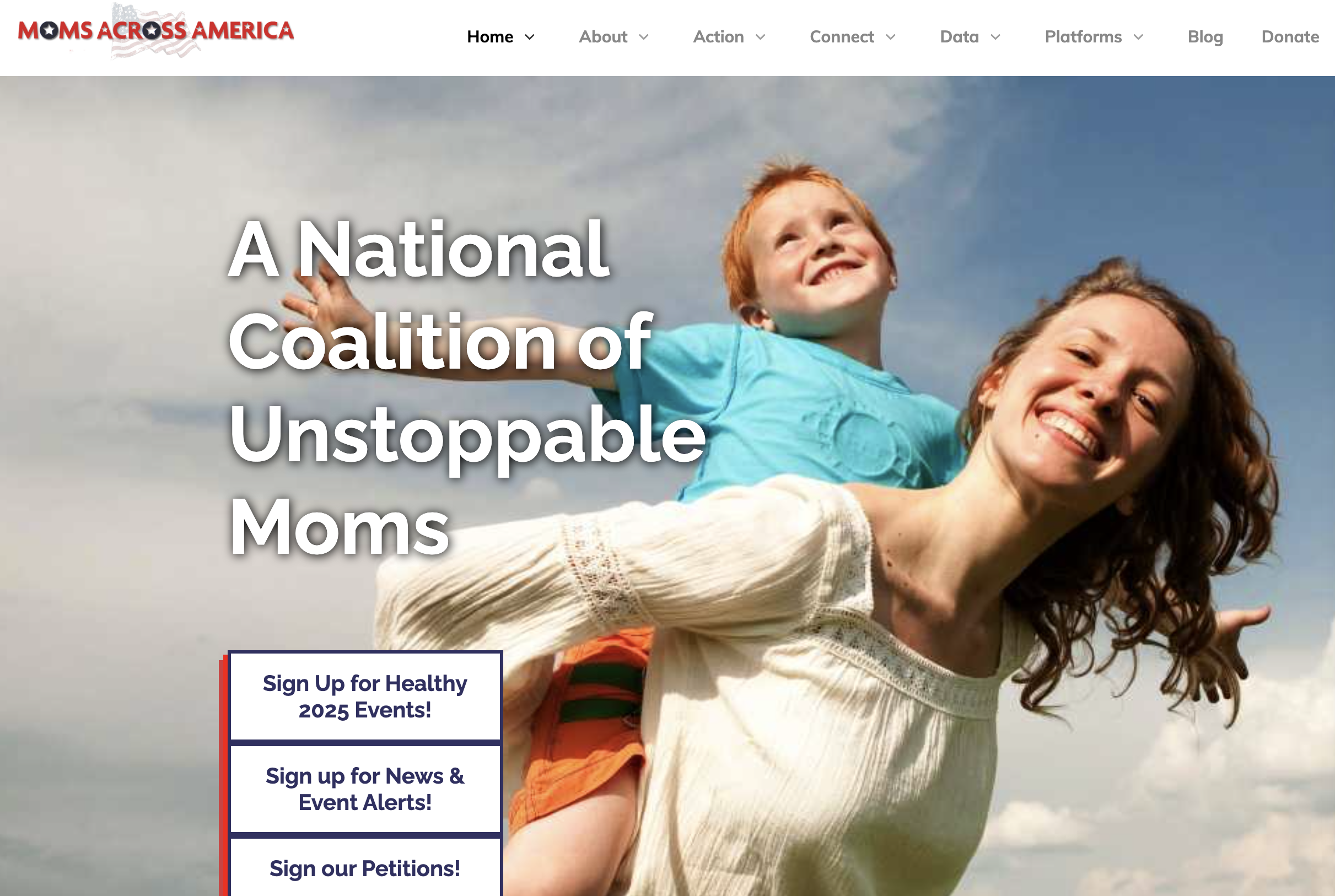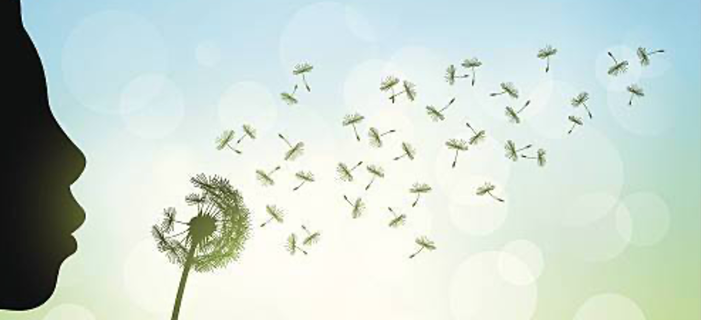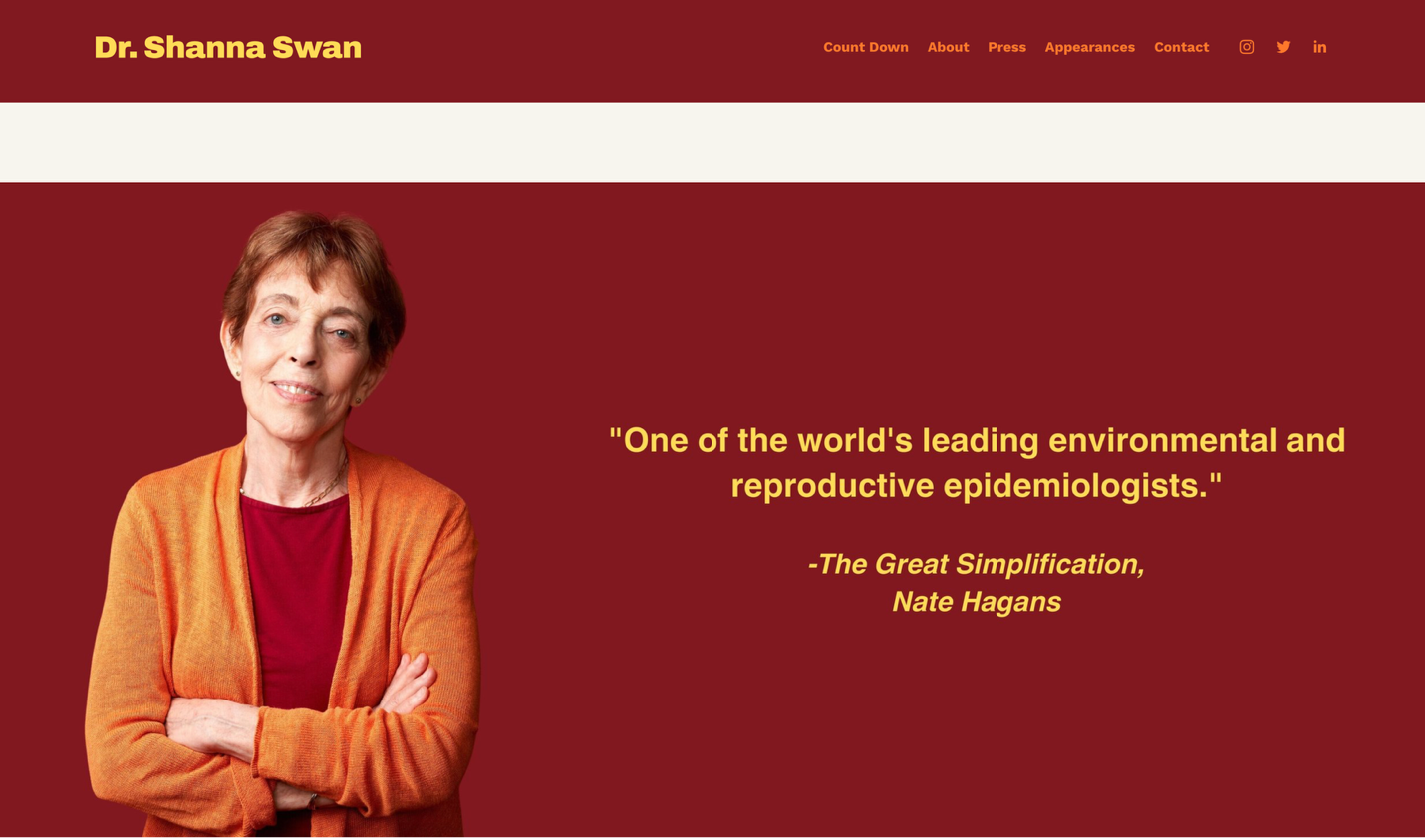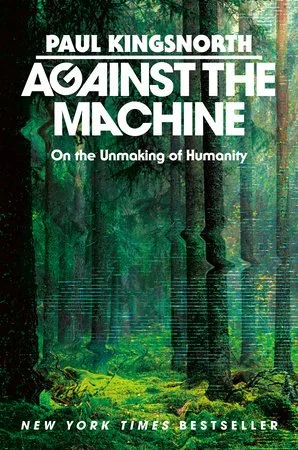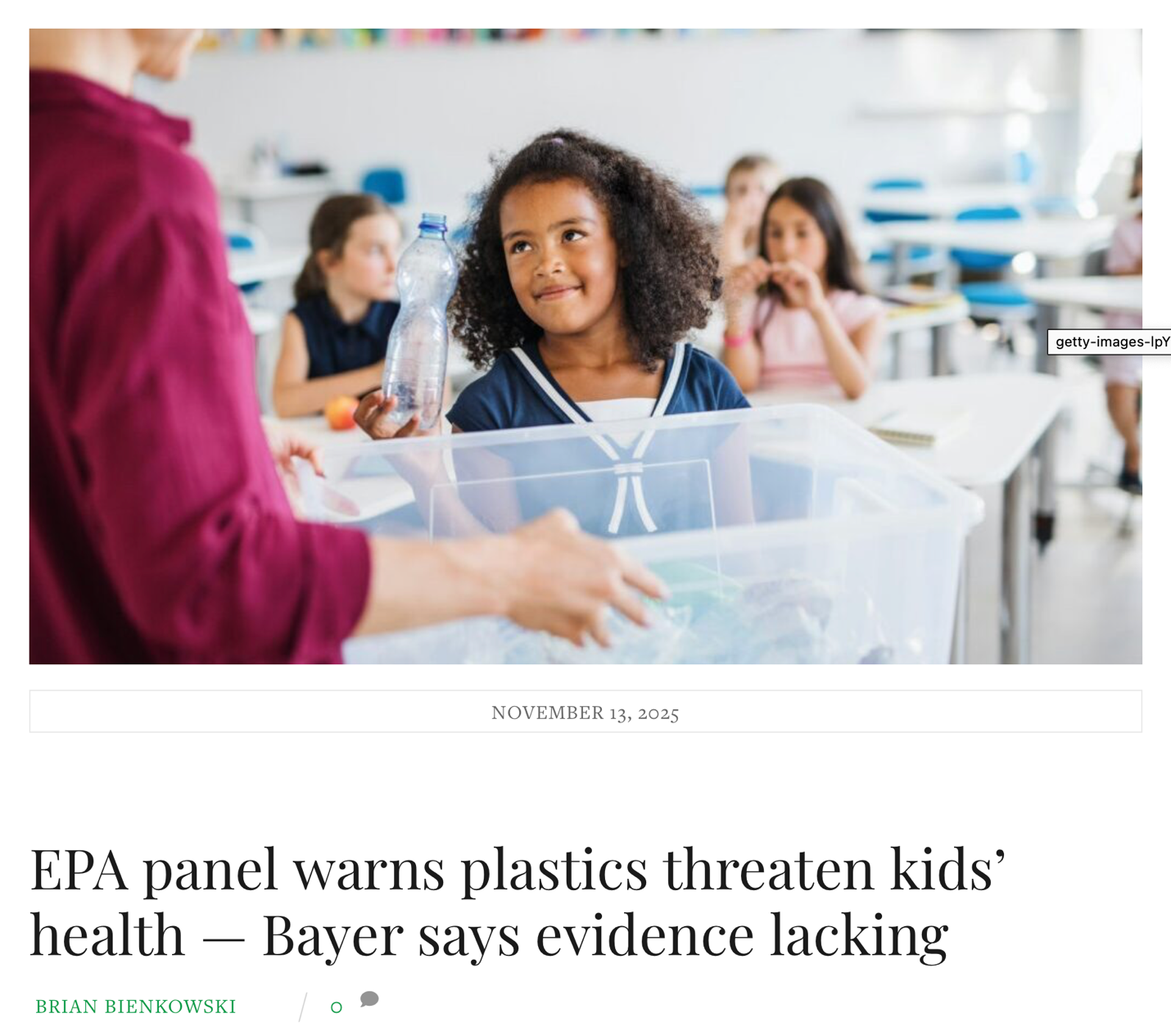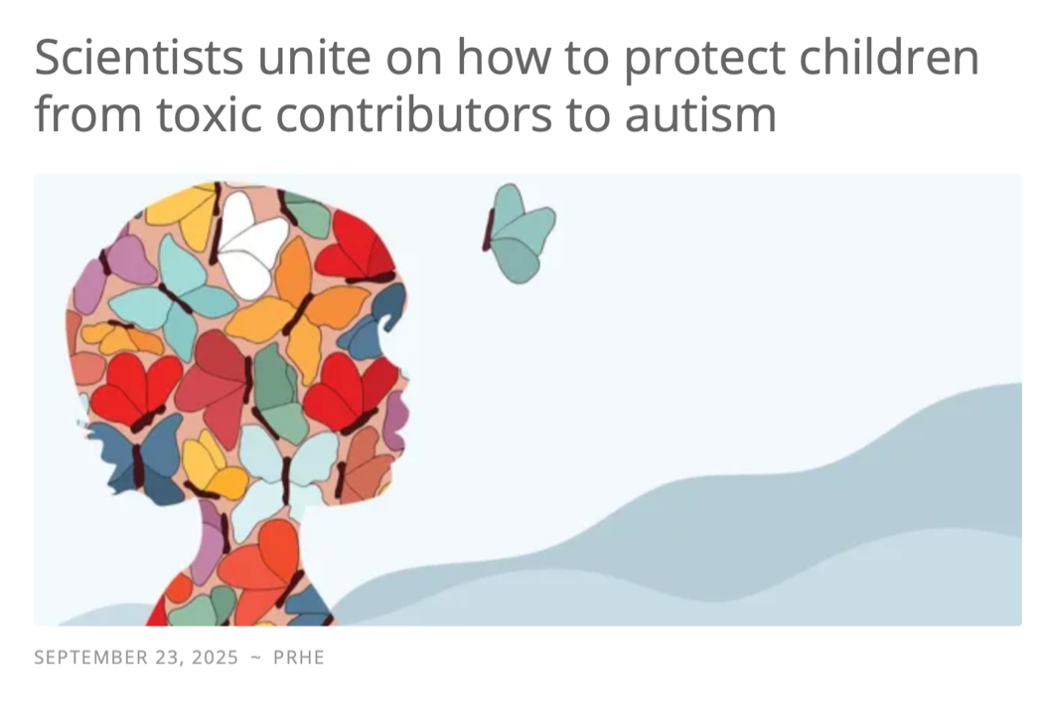 Unless someone like you cares a whole awful lot, nothing is going to get better. It’s not. So catch, calls the Once-ler. He lets something fall. It’s a Truffula Seed. It’s the last one of all! You’re in charge of the last of the Truffula Seeds. And Truffula Trees are what everyone needs. Plant a new Truffula. Treat it with care. Give it clean water. And feed it fresh air. Grow a forest. Protect it from axes that hack. Then the Lorax and all of his friends may come back. –Dr. Seuss
Unless someone like you cares a whole awful lot, nothing is going to get better. It’s not. So catch, calls the Once-ler. He lets something fall. It’s a Truffula Seed. It’s the last one of all! You’re in charge of the last of the Truffula Seeds. And Truffula Trees are what everyone needs. Plant a new Truffula. Treat it with care. Give it clean water. And feed it fresh air. Grow a forest. Protect it from axes that hack. Then the Lorax and all of his friends may come back. –Dr. Seuss
So ends a childhood favorite, The Lorax, entreating everyone, the reader included, to take action to heal the world, and the Swomee Swans, and the Barbaloots, and the Truffula Trees. If you type a phrase into a Google Image search, you will find huge numbers of people who shorten this to “Unless,” printing it on posters, engraving it in stone, and even tattooing it on their bodies. There are many things we can each do to care a whole awful lot, and it’s time each one of us stopped saying, as my dear friend and colleague Kevin Doyle would point out, “Somebody should...” and started saying “I will….” We do not have to poison our children – or the planet. It’s as easy as saying “I will….” Here is a list to get started:
1) Stop using pesticides. There are non-toxic solutions to every problem: The Midwest Pesticide Action Center is the best source. Boric acid gel bait traps are a safe bet. And dandelions? Hand weed or learn to love them.
2) Campaign against the use of pesticides at your schools, universities, park districts, places of employment, and more generally. You might be surprised at all you are exposed to and the health risks you incur. Because of the recent consensus about health risks, more than half of all Canadians are now protected by law from cosmetic pesticide use. But in the U.S., forty-one states have pre-emption laws, supported by industry lobbyists, that expressly forbid municipalities banning cosmetic pesticides.
3) Buy organic as much as possible. For a list of the most important fruits and vegetables to eat organic for the sake of your own health, visit the Environmental Working Group. Virtually all conventionally grown produce is hazardous to farmworkers and their children.
4) Plant a vegetable garden. Not only will you be able to grow fresh, delicious, organic produce for yourself, you eliminate the enormous amount of fuel usually spent carting our food around. You might even try canning – it’s way easier and more satisfying than you would think. If you only have a balcony, try tomatoes in pots, or start a community garden.
5) Eliminate lawn. Plant trees and mulch underneath. Plant a low-maintenance perennial garden with natives. Be sure to include monarch-friendly milkweed. Monarch butterfly populations are plummeting, and they need all the help we can give them if they are not to disappear altogether. The Wild Ones are a great local resource for native plants, and there are many more, for each region of the United States.
6) Clean with baking soda and vinegar. Conventional cleaning products can be quite toxic. Eliminate them. You would be surprised how well baking soda in particular works. Women’s Voices for the Earth is among the many sites that feature great recipes.
7) Follow the 4 R’s: Refuse, Reduce, Reuse, Recycle. These are listed in order of importance. REFUSE is the new “R.” Refuse to use disposables – buy a Sub-Zero from Walgreens or a Klean Kanteen and use it. Refuse to patronize businesses that rely heavily on disposables. Pack a lunch in reusables. Carry canvas bags to buy groceries. Take Tupperware to restaurants for carryout. Throw an old fork in your backpack. None of these ideas reduces your standard of living – who loves eating off Styrofoam, anyway?
8) Refuse fast fashion, while you’re at it. Choices at Goodwill are incredibly good. And did you know that new clothes are often contaminated with high levels of toxic chemicals? I didn’t think so.
9) Be careful about purchases generally. Consider the toxics used to make the item and the toxics you may be bringing home with you. Flame retardants are required in most sofas, mattresses, and computer casings. Brominated flame retardants have been found in the breast milk of every woman tested and have negative health effects, including cancer and endocrine and neurological harms. The kicker? They were promoted by the chemical and tobacco industries for safety, but aren’t even effective in preventing fires.
10) Walk or bike where you can. Your thighs will thank you for it, and so will the planet. When you’re in your car, don’t idle it, particularly not in front of your child’s school, please. Car exhaust is composed of poisonous chemicals like carbon monoxide, benzene, sulphur dioxide, polycyclic aromatic hydrocarbons, and particulate matter.



